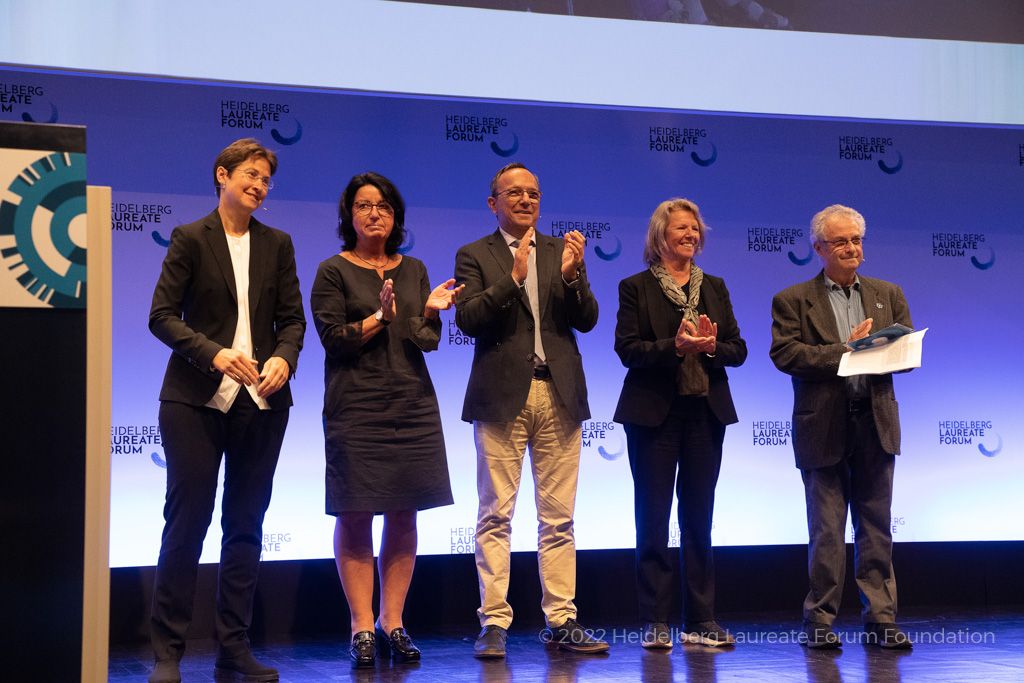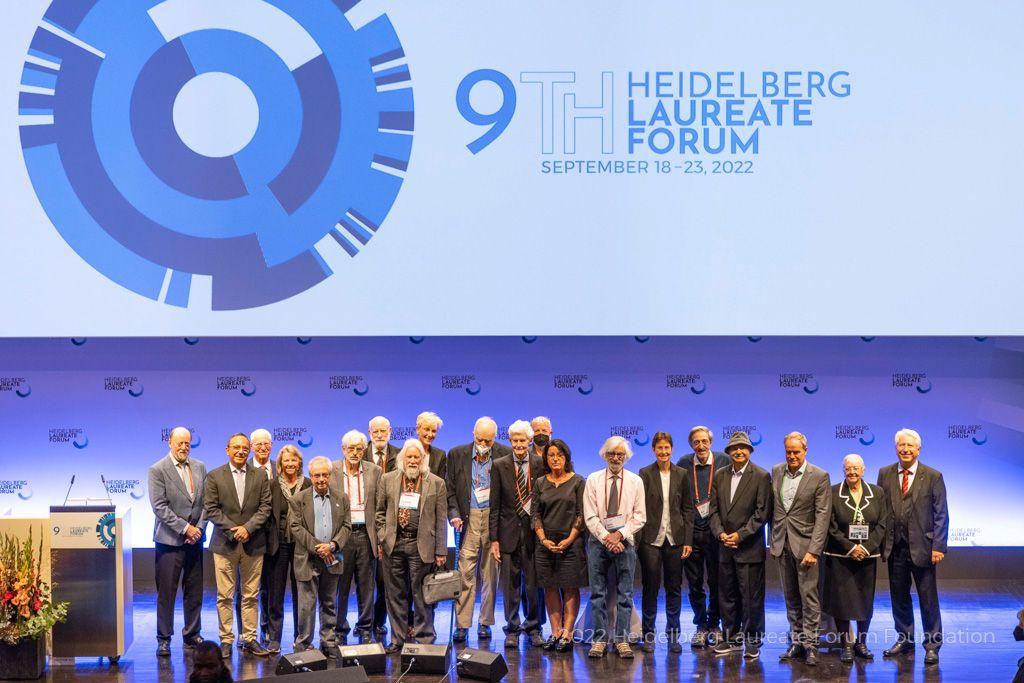By Hussaini Garba Mohammed, who was in Heidelberg, Germany
Relocating is a common experience for many young scientists. Researchers can broaden their scientific expertise, discuss new ideas, and create meaningful relationships and collaborations by moving abroad, or staying in their own country to contribute more for the scientific ideas, tracking the movement of early-stage of young researchers around the world would create a complex network joining the most diverse places, connecting the researchers to the old laureate.
Can you please introduce yourself and how you where been selected among the young researchers to be at this wonderful event HLF 2022 to us?
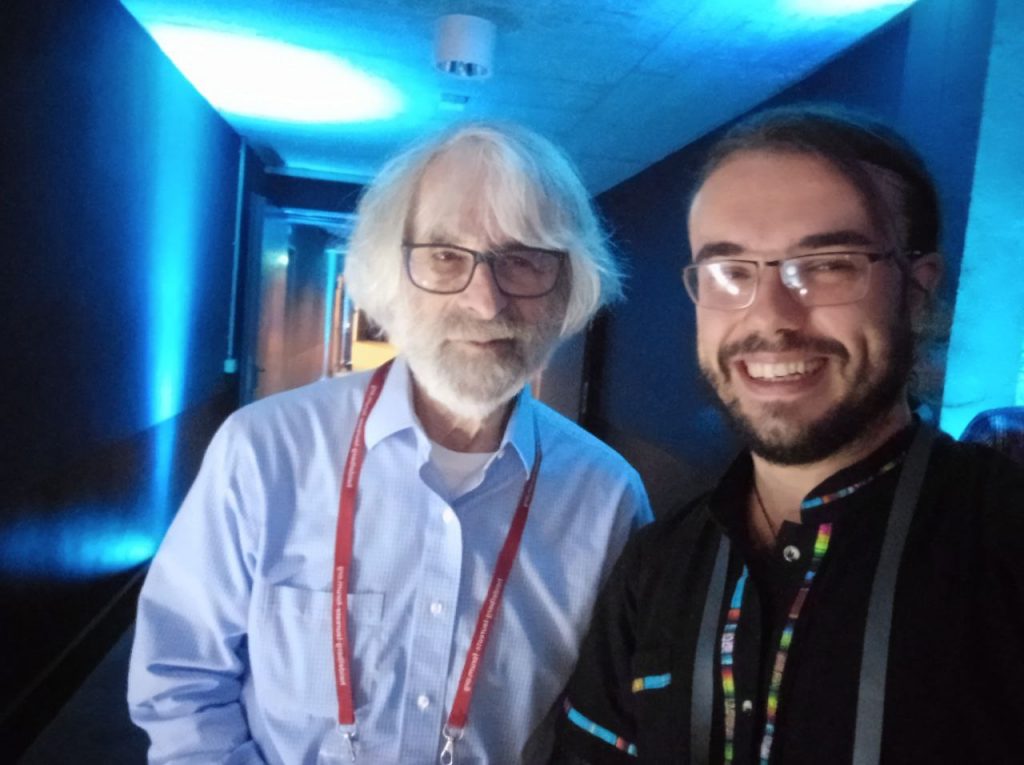
I am Dr Diego Millán Berdasco, a Spanish Young researcher in Mathematics currently focused on the interplay between the combinatorics of integer partitions and representation theory, and the applications of these theories to other realms of mathematics and science.
The selection process starts early on, and I submitted my application almost 10 months prior to the start of the conference. Any candidate must describe not only their ongoing research and scientific interests, but also their educational merits, hobbies and passions outside of mathematics and computer science. I believe it is my interdisciplinary set of interests also outside mathematics that led me to be selected to participate in this edition of the Heidelberg Laureate Forum.
Could you tell me about your area of expertise and your recent research activities in your country and abroad?
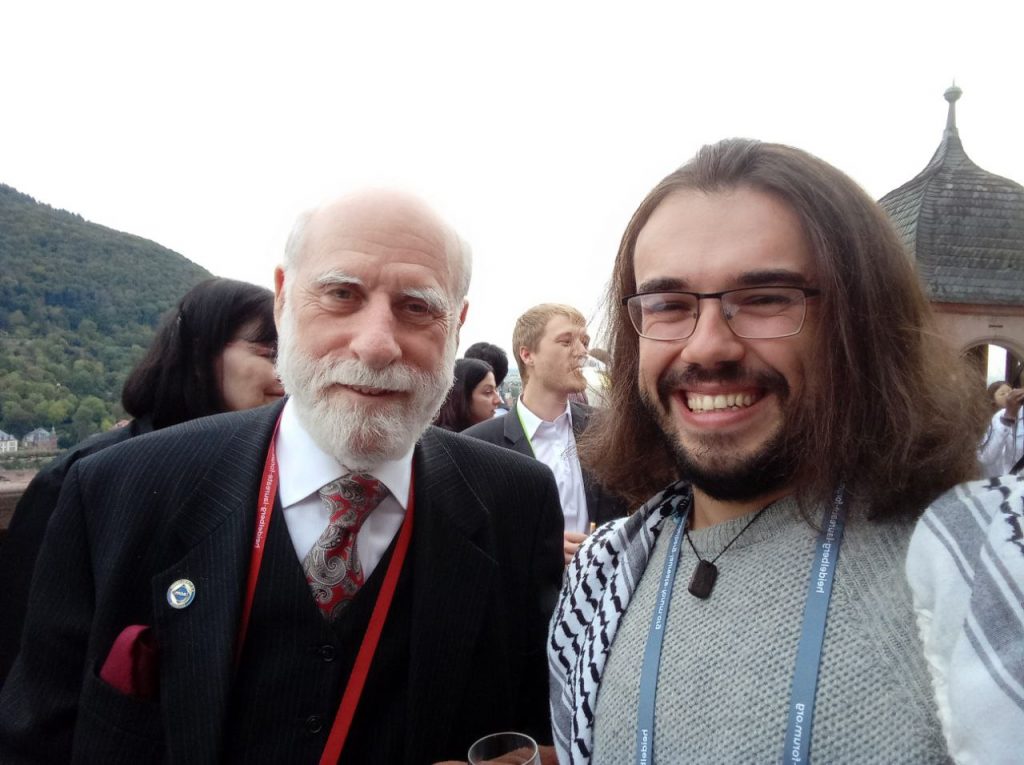
I am, for the most part, a pure mathematician. I use the rich and well-studied theory of integer partitions to understand modular representations of symmetric groups and Iwahori-Hecke algebras. I focus on finding combinatorial descriptions of the decompositions of Specht representations into their simple constituents. The computational aid of the computer algebra software GAP has been fundamental for some of my results.
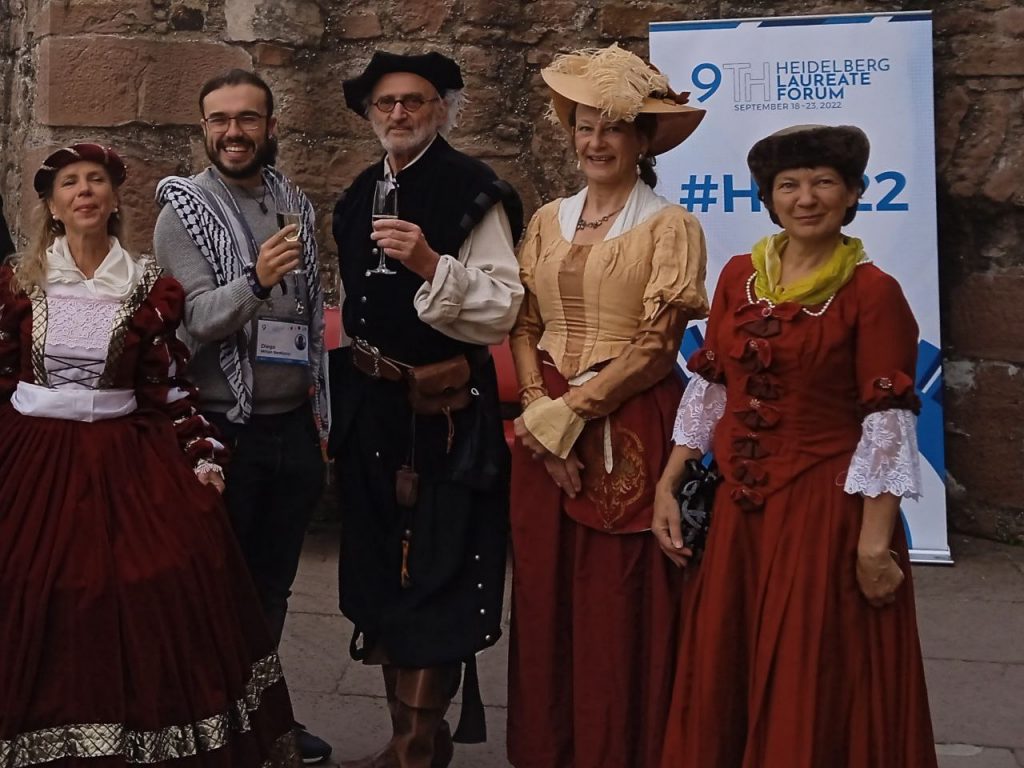
My latest activities include a postdoctoral position at Queen Mary University of London (UK) until March 2022, an invitation to deliver a series of lectures on representation theory at Havana University (Cuba) during Spring 2022, and lately an appointment as Lecturer in Mathematics at Universidad Camilo José Cela (Spain) since September 2022.
What are the benefits of performing research at the younger age? What did you not expect?
It is when we are young that we are most curious and, simultaneously, we have more energy and passion for whatever enterprise we devote our time to. For example, it is known that most laureates in mathematics develop the core ideas for their most important contributions to the field before they reach 40 years old.
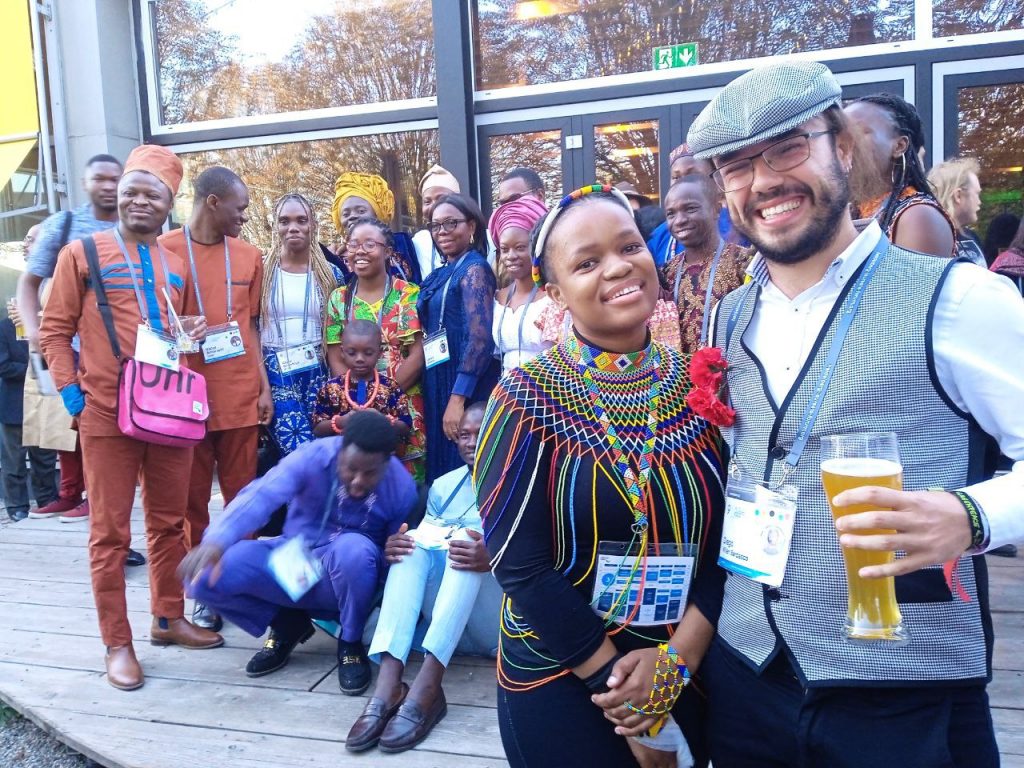
When I started my journey in mathematics I did not expect that one would need to master not only research in particular field, but also learn how maths publishing works, how to write and draw in LaTeX with certain proficiency, and the particularities of the many administrative tasks that academics also carry out rather unnoticed.
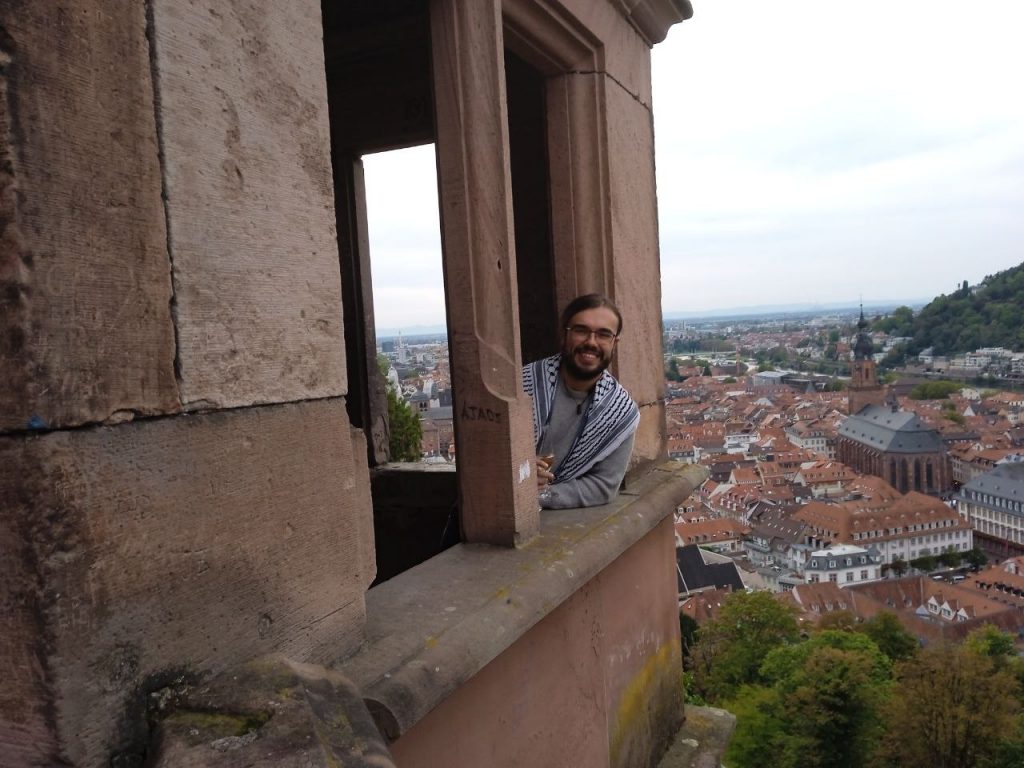
How many on-going projects you are working on that will help you to a higher level?
At present I am about to publish one project and working on two other projects on algebraic combinatorics, of all which I will be the sole author. More recently, I have also become interested in other areas of knowledge to which the theory I have studied for years can be applied to and, in particular and when time allows, I am diving into theoretical foundations of Machine Learning and Voting Theory.
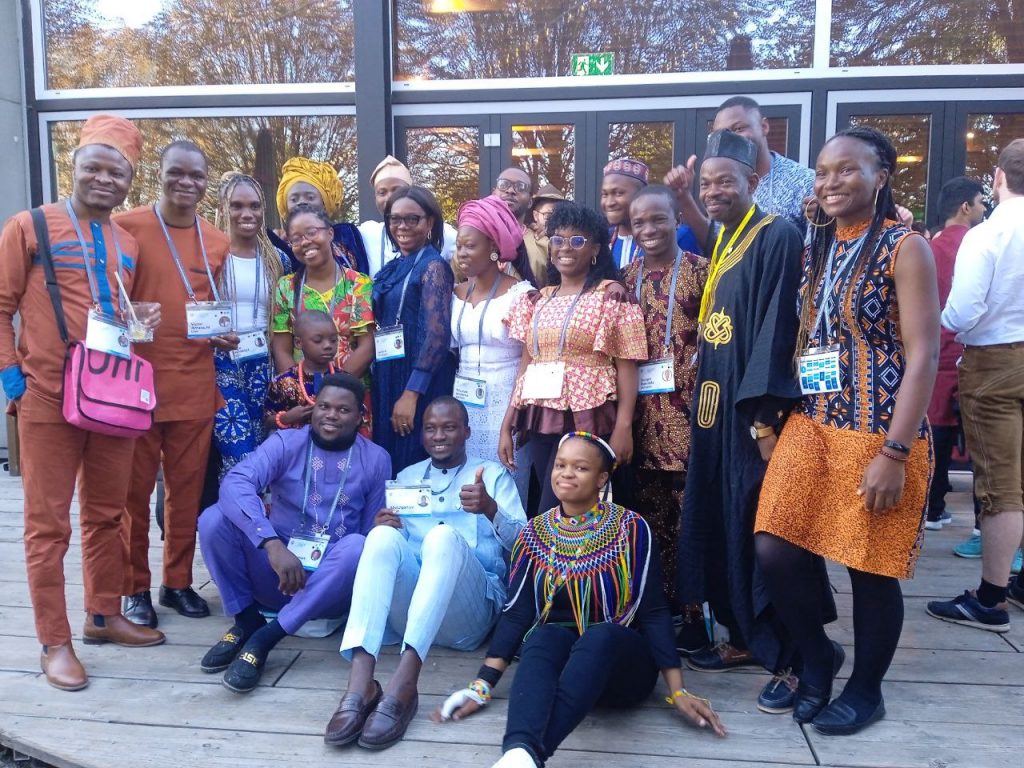
As a computational scientist or Mathematician, you are not tied to a physical location to carry out your research. Do you find working alone like this challenging?
I have always felt comfortable working on my own, and during the months March 2020 to April 2021 I did all my research from home due to the restrictions related to covid-19. Nevertheless, I consider working within an enriching research atmosphere an excellent source of inspiration and motivation, and I have learnt a great deal from the informal conversations that arise with colleagues during lunch or coffee/tea breaks, or after a research seminar.
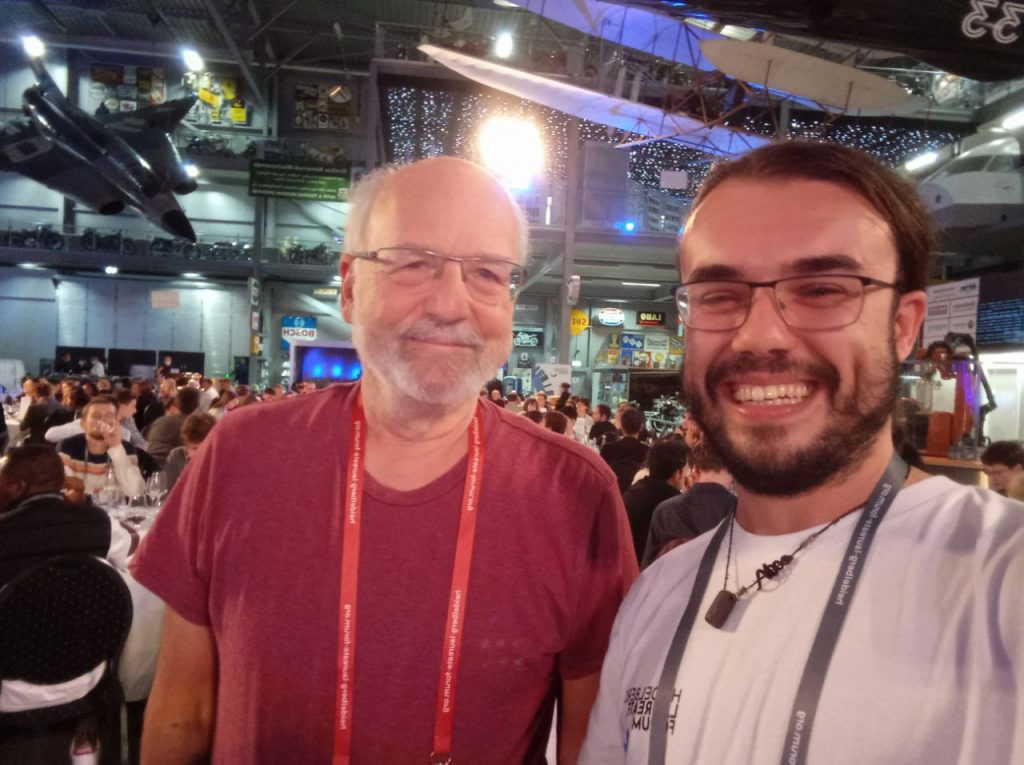
How many countries have you travel to carry out your research or attended an international conference in in the last 5 years?
During the last 5 years I have carried out research activities mostly in the United Kingdom, where I finished my PhD, and in Spain, where I did a research visit in 2021 and I am also based now. I have participated and presented my work in various international conferences within the European continent, such as Groups in Florence 2018 in Italy, Groups, Rings and Associated Structures 2019 in Belgium, and Combinatorics and Representation Theory 2021 in Switzerland.
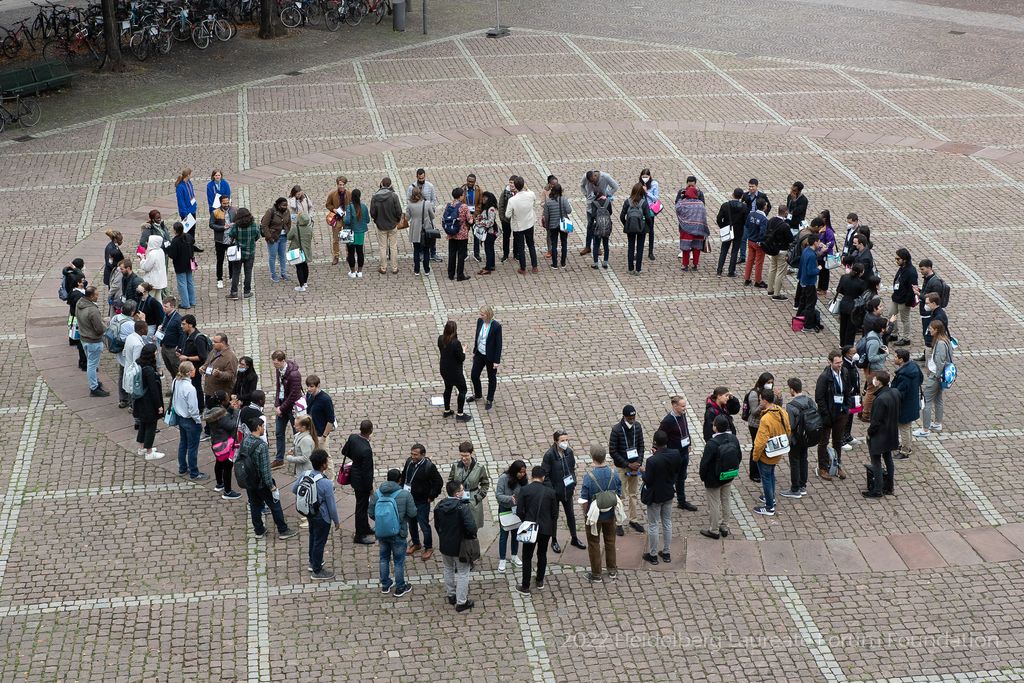
Do you have any tip for those who are now thinking about a career in scientific research?
It is an enthusing journey to embark on, one which will take you to understand deeply specific bits of humanity’s corpus of knowledge. However, it can be also very stressful and isolating, and prevalence of mental health disorders among tenured researchers is a alarming sign of that. Thus, I would recommend anybody consider research to weight their passion for a subject with other aspects of life, and if they resolve to go into research, to take it as “marathon” and not as a “sprint”. One must plan things long-term, work regularly but a sensible number of hours, and be patient with oneself when it comes to fruition of research results.
